Lake Superior College, St. Louis County in the news
Minnesota State has named three finalists in the search for the next president of Lake Superior College. The candidates are David Clickner, Barbara Embacher and Linda Kingston.
The candidates were recommended by a search advisory committee that was comprised of students, faculty, staff, and community leaders, and was chaired by Sharon Pierce, president of Minneapolis College. The candidates are scheduled to conduct campus visits the week of April 28. The campus visits provide an opportunity for students, faculty, staff, and members of the community to meet each of the candidates and offer feedback.

Details of the candidates’ campus visits and the process for providing feedback are available at www.lsc.edu/president-search/.

. Clickner has been with SUNY Schenectady County Community College (NY) since 2017. He currently serves as vice president for strategic initiatives and planning and previously served the college as interim vice president for academic affairs and assistant vice president for academic affairs. Previously he was with Hudson Valley Community College (NY) from 2007-2017 where he served as interim assistant to the vice president for academic affairs (2015-2017) and director of learning centers (2007-2015). He also has teaching experience at the College of St. Rose (NY) between 2000-2006 and Hudson Valley Community College (NY) from 2011-2012 and taught in K-12 schools before that. He holds a bachelor’s degree from Siena College (NY), and a master’s and doctorate from the University at Albany, New York. He is scheduled to visit Lake Superior College on Tuesday, April 29.

. Embacher currently serves as the director of academic programs and special projects for the Minnesota State system office, a position she has held since 2024. Previously, she served Riverland Community College as the vice president of academic and student affairs from 2018- 2024. Before that she was the interim vice president of academic affairs at South Central College in 2018, dean of academics, workforce education and training at South Central College between 2013-2017, and adjunct faculty at Minnesota State University, Mankato from 2003-2006. Between 2007-2013, she served as vice president of Greater Mankato Growth, Inc. She also spent 14 years in secondary education with Mankato Area Public Schools and Eau Claire Area Public Schools. She holds a bachelor’s degree from the University of Wisconsin-Stout, a master’s from the University of Wisconsin-Eau Claire, and a doctorate from the University of Nebraska-Lincoln. She is scheduled to visit Lake Superior College on Tuesday, April 29.
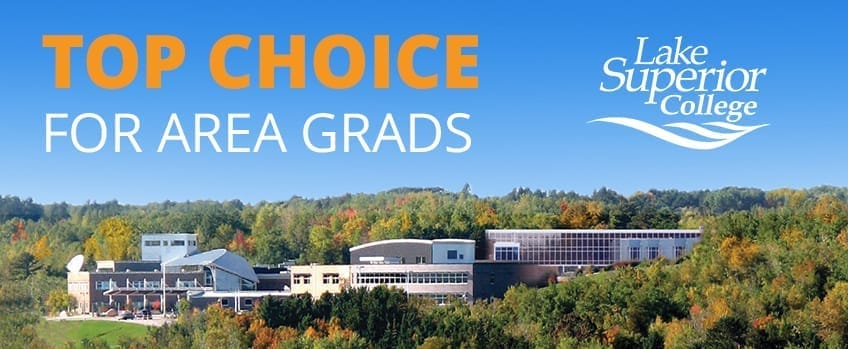

. Kingston has served as the vice president for academic and student affairs at Lake Superior College since 2020. Previously, she held the position of assistant vice president for distance learning and summer session at Winona State University (WSU) between 2017-2020. She was also an adjunct faculty member in the college of education at WSU in 2020. Before that, she served Saint Paul College as interim vice president of academic affairs from 2016-2017, dean of STEM from 2015-2017, and dean of STEM and liberal arts between 2010-2015. She was also the dean of academic affairs for Minnesota State College Southeast from 2007-2010, distance learning coordinator at Alexandria Technical & Community College (ATCC) between 2004-2007 and instructor of mathematics and computer science at ATCC from 2000-2007. She began her career as a mathematics and computer science instructor at Minnewaska Area High School in Glenwood, Minnesota. She holds a bachelor’s degree from the University of North Dakota, a master’s from St. Cloud State University, and a doctorate from Capella University. She is scheduled to visit Lake Superior College on Monday, April 28.
The Board of Trustees of the Minnesota State Colleges and Universities is expected to consider Chancellor Scott Olson’s recommendation at its May 21, 2025, meeting. The anticipated start date of the new president is July 1, 2025.
-- Lake Superior College press release

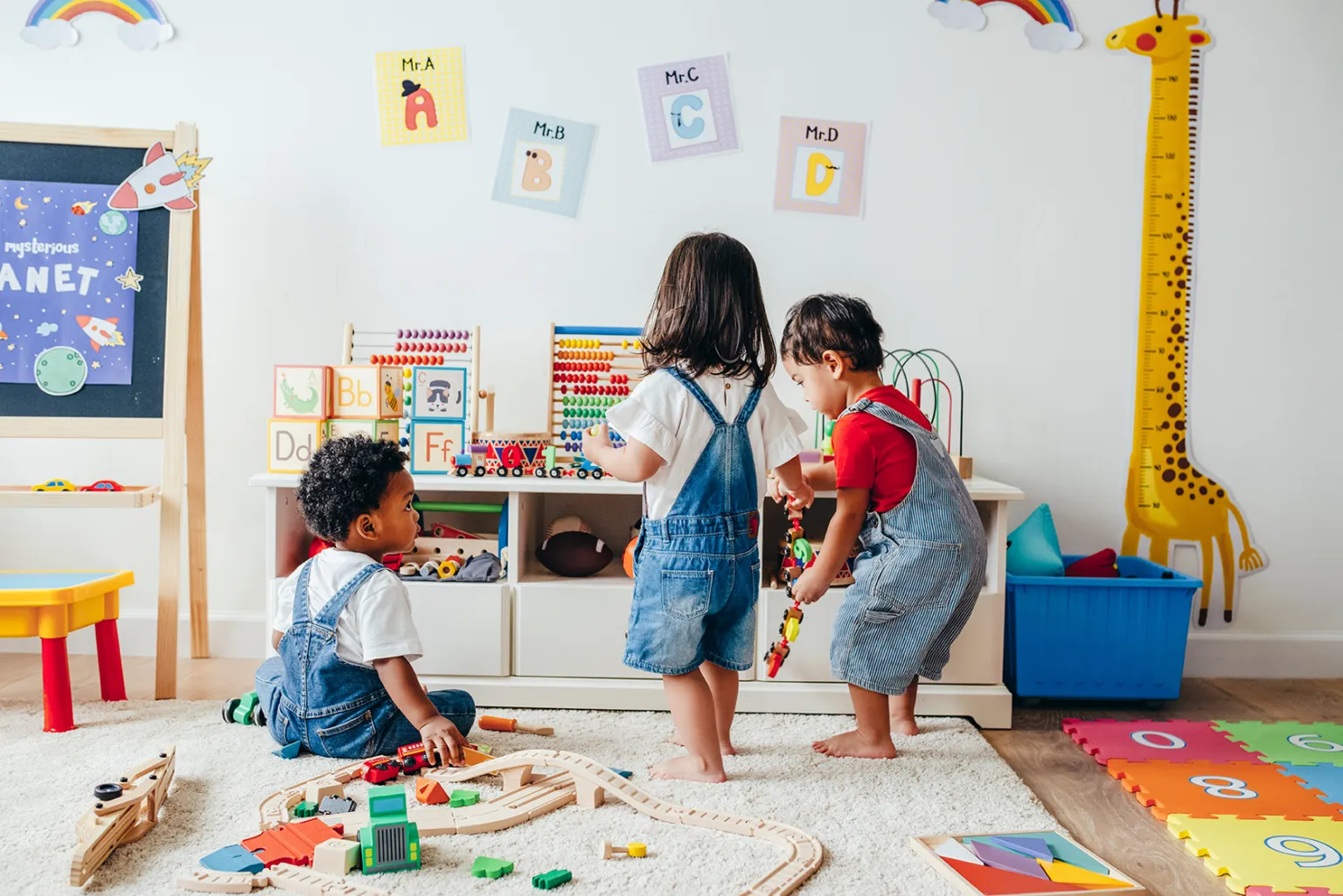
St. Louis County Public Health launches campaign to raise awareness about lead paint risks in older homes
Springtime can pose added risk for children of being exposed to lead paint. The most common source of lead exposure for children is the dust that comes from cracked, chipped or peeling lead-based paint and tracked contaminated soil. Any home built before 1978 may contain lead paint.
Here's the common scenario: Winter's harsh weather can cause that paint to chip and peel, in particular on window frames and doorways. When it's finally warm enough to open windows and allow fresh air to blow in, the wind can also blow in those paint chips and dust. A small child crawling on the floor can easily get that dust on their hands or toys, which they then put in their mouth.
Exposure to lead can cause serious health problems, especially for children. A very small amount of dust containing lead is all it takes to cause a child’s blood lead level to increase.

To help raise awareness about the risks of lead paint exposure, as well as provide guidance for families living in older homes, St. Louis County Public Health has launched a public awareness campaign called Lead Lessons. The campaign features videos shared on social media, as well as a new web site: Lead-lessons.com
The videos feature local experts, including a scientist, contractor, pediatrician, public health nurse, realtor and more. Each provides important information and perspectives about lead paint, its risks, how to identify, and what to do if your home or apartment has lead paint. In addition to the videos, the website includes a helpful checklist for families, contact information to get assistance, as well as links to resources.

Among the steps to prevent exposure to lead paint, families are advised that when in doubt, if their home was built before 1978, they should assume it has lead paint and take the necessary precautions. This includes covering chipped paint with duct tape, contact paper, or painting over it with safe materials. Additionally, people should clean regularly with dish soap and a damp, disposable rag to reduce lead dust.
Children between the ages of one and two should have a blood test from their pediatrician for lead exposure. This test is quick, easy, and essential for early detection. Adverse health effects can occur at lower concentrations. If lead exposure is confirmed, the St. Louis County Public Health Department will reach out with the next steps.
The videos and website were developed by local design agency Creative Arcade. To learn more, visit Lead-lessons.com or call St. Louis County Public Health at 218-725-5210.

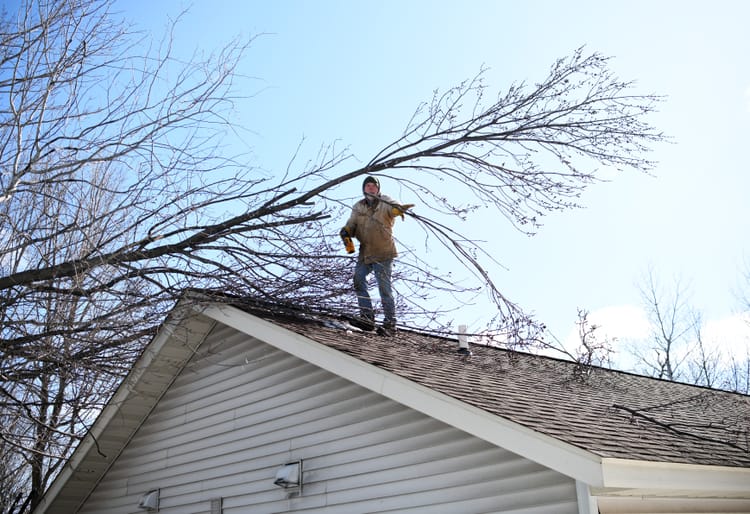
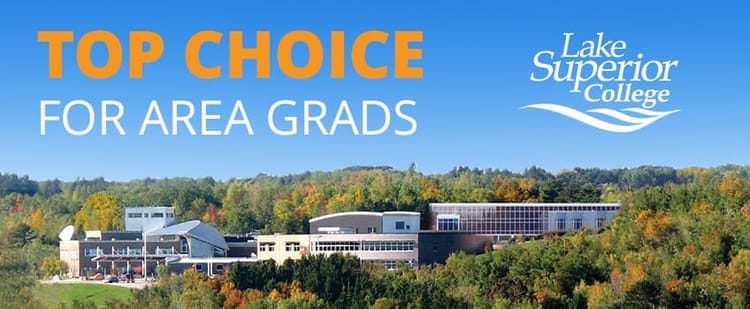

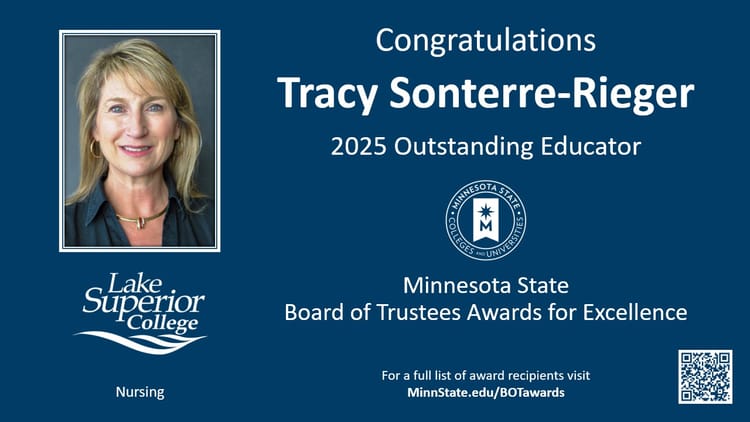

Member discussion